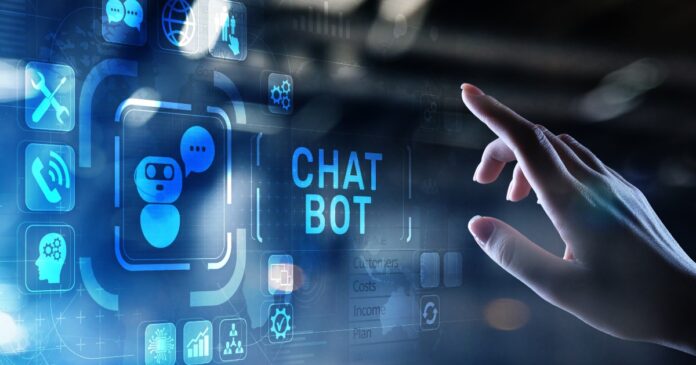Artificial Intelligence (AI) has revolutionized the way we work and live. One of the most significant applications of AI is the development of personal assistants, which have become a common tool for enhancing productivity in the workplace. AI-powered personal assistants use natural language processing (NLP) and machine learning (ML) algorithms to help individuals manage their daily tasks, schedule appointments, and organize their work.
In recent years, AI-powered personal assistants such as Siri, Google Assistant, and Amazon Alexa have become increasingly popular. These virtual assistants use voice recognition technology to understand commands and respond to requests in real-time. This has made it easier for individuals to manage their daily routines, access information, and complete tasks more efficiently.
The impact of AI-powered personal assistants on productivity has been significant. They have become an essential tool for professionals who need to manage their schedules and tasks efficiently. Personal assistants can help individuals save time by automating repetitive tasks, such as scheduling meetings or sending emails. They can also provide reminders, set alarms, and provide real-time updates on important tasks and deadlines.
Another significant advantage of AI-powered personal assistants is that they can adapt to individual preferences and work styles. Personal assistants can learn from user behavior and preferences, making it easier for them to provide personalized assistance. For example, if an individual frequently uses their personal assistant to schedule meetings, the assistant can learn the individual’s preferred meeting times and automatically schedule meetings accordingly.
AI-powered personal assistants can also improve collaboration and communication among team members. They can help coordinate tasks and deadlines, provide real-time updates on project progress, and facilitate communication between team members. This can be especially useful for remote teams who need to work together across different time zones and locations.
Despite the many benefits of AI-powered personal assistants, there are also concerns about their impact on privacy and security. Personal assistants collect and store large amounts of data, which can be vulnerable to hacking or misuse. As personal assistants become more integrated into our daily lives, it’s important to ensure that they are designed with robust security and privacy features to protect sensitive information.
In conclusion, AI-powered personal assistants have had a significant impact on productivity in the workplace. They provide individuals with personalized assistance, automate repetitive tasks, and facilitate collaboration and communication among team members. As technology continues to evolve, personal assistants are likely to become even more sophisticated and integral to our daily routines. However, it’s important to ensure that they are designed with privacy and security in mind to protect sensitive information.





